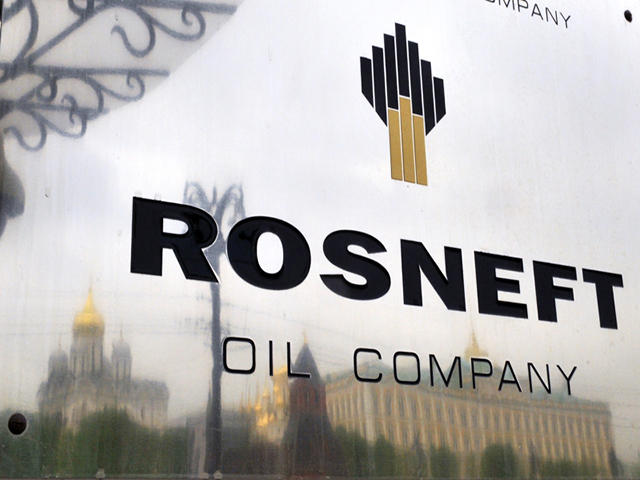
OAO Rosneft’s Russian oil output has declined to the lowest level since the acquisition of TNK-BP made it the world’s largest traded oil producer last year.
Output fell 1% in August from a year earlier, and was down 0.2% from the previous month, to 16.16 million metric tons, or 3.82 million barrels a day, according to the Energy Ministry’s CDU-TEK statistics unit.
Rosneft became the largest producer by output when it acquired Russia’s third-biggest producer, TNK-BP, for $55billion in March of 2013. Saddled with about $40 billion in net debt related to the deal, Rosneft has sought to cut costs by ending a contract with a driller and dropping rigs earlier this year. Extreme cold in January and natural declines at fields contributed to the fall in output.
“Since the West Siberian fields are very mature, the decline there is unavoidable,” said Alexander Kornilov, an analyst at Alfa Bank in Moscow. “Given this and Vankor field having reached peak output, Rosneft is looking to offset the future output decline with the launch of the onshore conventional fields,” including a group of fields around Vankor in northern Siberia and eastern Siberian projects due to come onstream after 2015.
Russian output reached a high of 3.9 million barrels a day in December, according to the statistics. Rosneft’s decline since December is 80,000 barrels a day, roughly the equivalent of Romania’s total output in 2013, according to BP Plc data.
Rosneft’s press service declined to comment immediately. The Energy Ministry’s combined statistics for Rosneft, including TNK-BP, began in July 2013.
BP owns almost 20% of Rosneft, the largest shareholder after the Russian state.
Recommended for you
